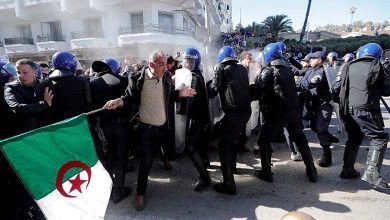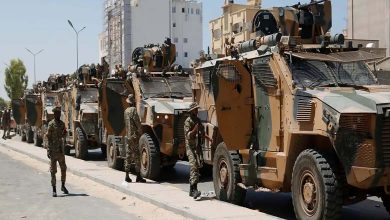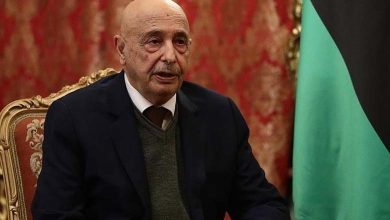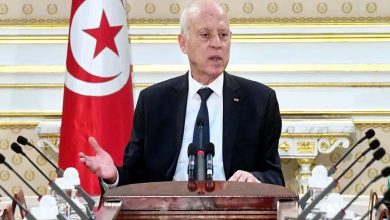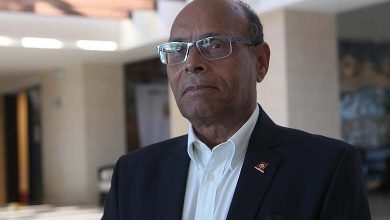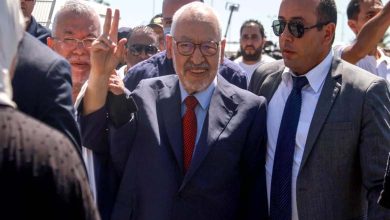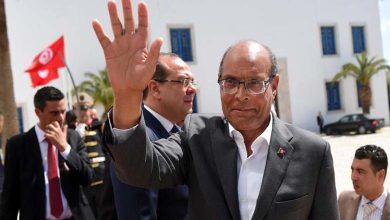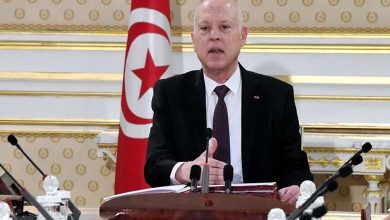Dbeibeh sparks anger among Libyans with these statements
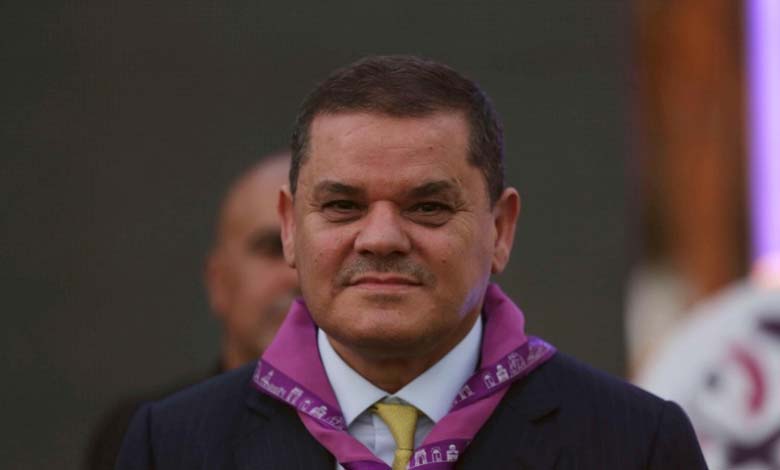
A widespread wave of anger has been ignited by the remarks of the head of the Government of National Unity, Abdul Hamid Dbeibeh. In these statements, he accused Libyans of being lazy and unproductive, relying on the state for all the necessities of life.
Dbeibeh, in a video statement circulated on social media, attempted to justify the decision to lift subsidies on fuel, stating that “Libyans are eating for free and want increases in salaries, gasoline, electricity, and water for free.” He added that “the productivity of the employee does not exceed one hour of work per day,” blaming the citizens for the state’s failure and incapacity.
Dbeibeh pointed out that the bills and expenses for fuel, water, and electricity, including consumption and transportation, cost the state millions of dinars annually, and are borne solely by the government, stating: “We are a dependent society that neither orks nor produces.”
These statements have triggered a wave of anger among social media activists, and Dbeibeh has faced several criticisms. Presidential candidate Sleiman Al-Bioudi condemned Dbeibeh’s attack on the Libyan citizen in his statements.
He stated on his Facebook page: “Dbeibeh‘s appearance in an agitated state, insulting every Libyan, wishing they eat for free, confirms that the man has entered the trend of being overwhelmed and can no longer tolerate criticism or opposition.” He considered that “this psychological state will push him to burn everything for the sake of continuity.”
Al-Bioudi added that instead of defending the poor and the afflicted, the head of the government has become stronger against them with the resources and wealth of the state, emphasizing that he should live in reality where social conditions are approaching explosion.
Activists considered Dbeibeh‘s attack on Libyans as a reaction to their rejection of his decision to lift subsidies on fuel. Others reviewed the government’s expenditures for 2023 and reports from the Audit Bureau about its corruption.
Meanwhile, Saad Ben Sherada, a member of the High Council of State, expected that “this confused talk would diminish Dbeibeh‘s standing within the Libyan street, especially as it coincides with the failure of Libyans to implement his plan to lift subsidies on fuel.”
Ben Sherada believed that “the majority of Libyans realize that Dbeibeh‘s decision to lift subsidies was not intended to enhance the economic situation or attempt to address any imbalance in it, as he and his advisers repeatedly claim, but rather to find ways to stop his government’s suffering from a lack of resources, given the central bank governor’s refusal to continue funding it.”
He affirmed in statements to the Middle East newspaper that Dbeibeh is “the first prominent Libyan executive official after the February revolution to describe Libyans with such a characterization.”
Libya continues to suffer from instability due to the lack of unification in the military institution and sovereign positions, ongoing transitional phases, and a prevailing state of political vacuum, hindering the international community’s and the UN mission’s insistence that the only way to resolve the crisis in the country is to hold parliamentary and presidential elections.


